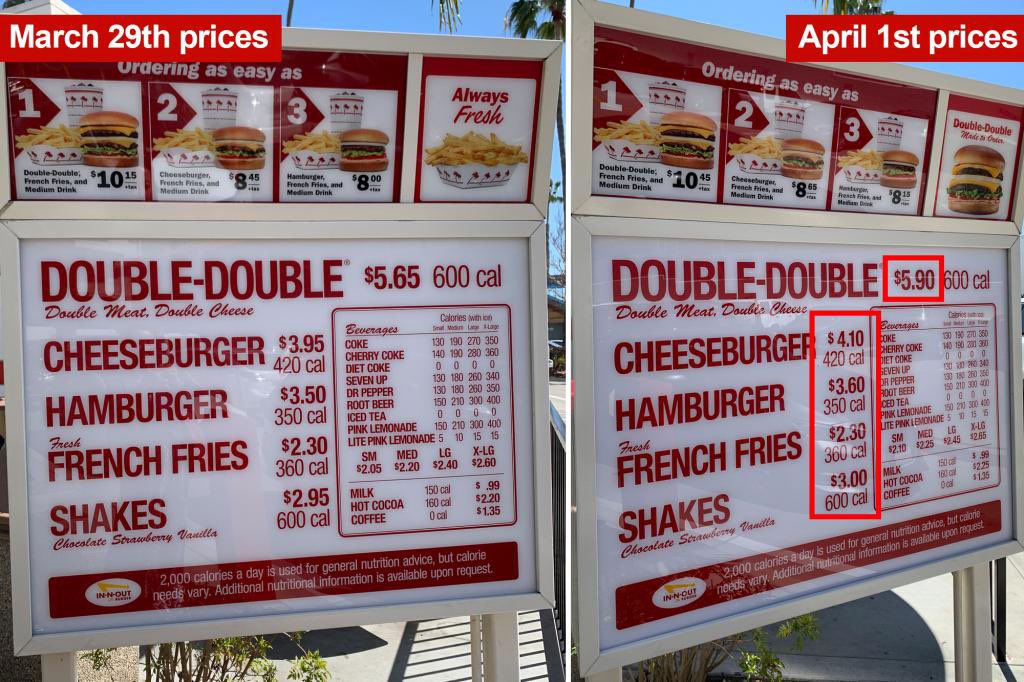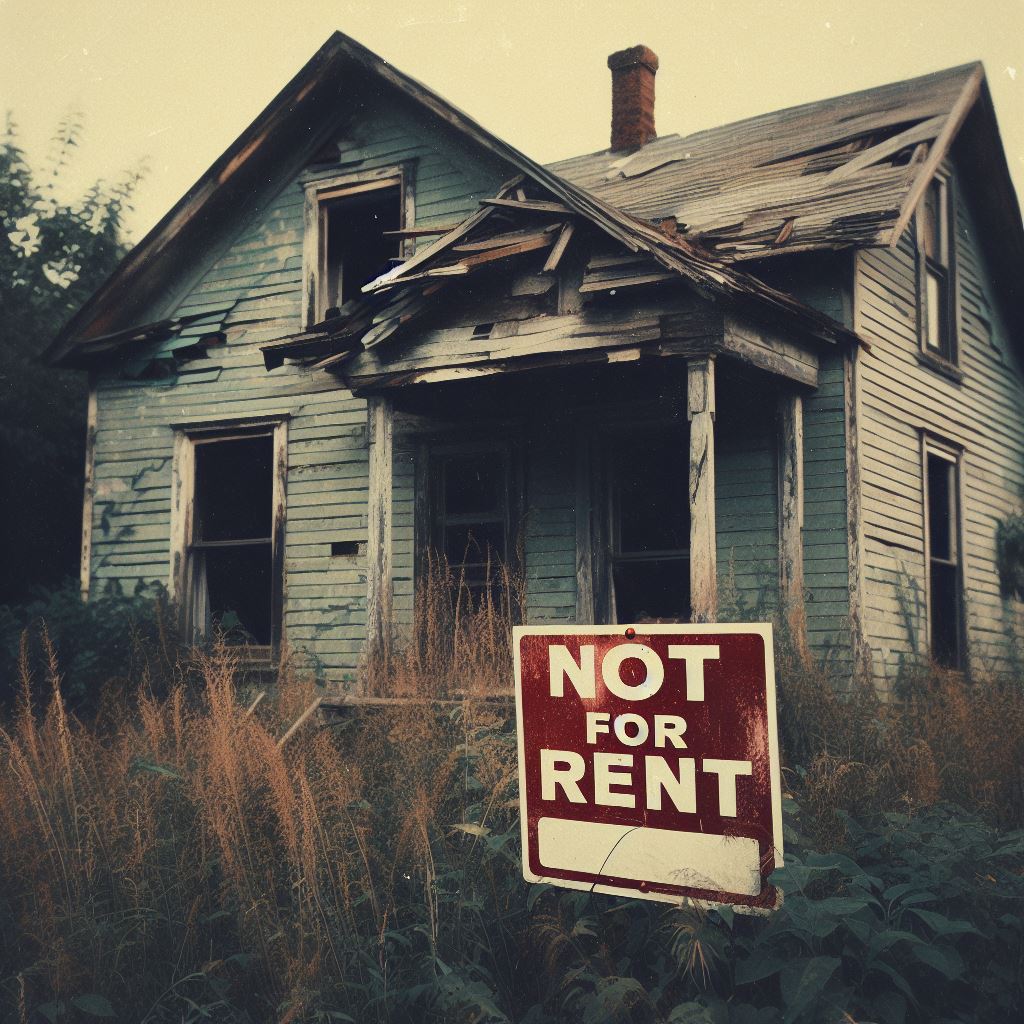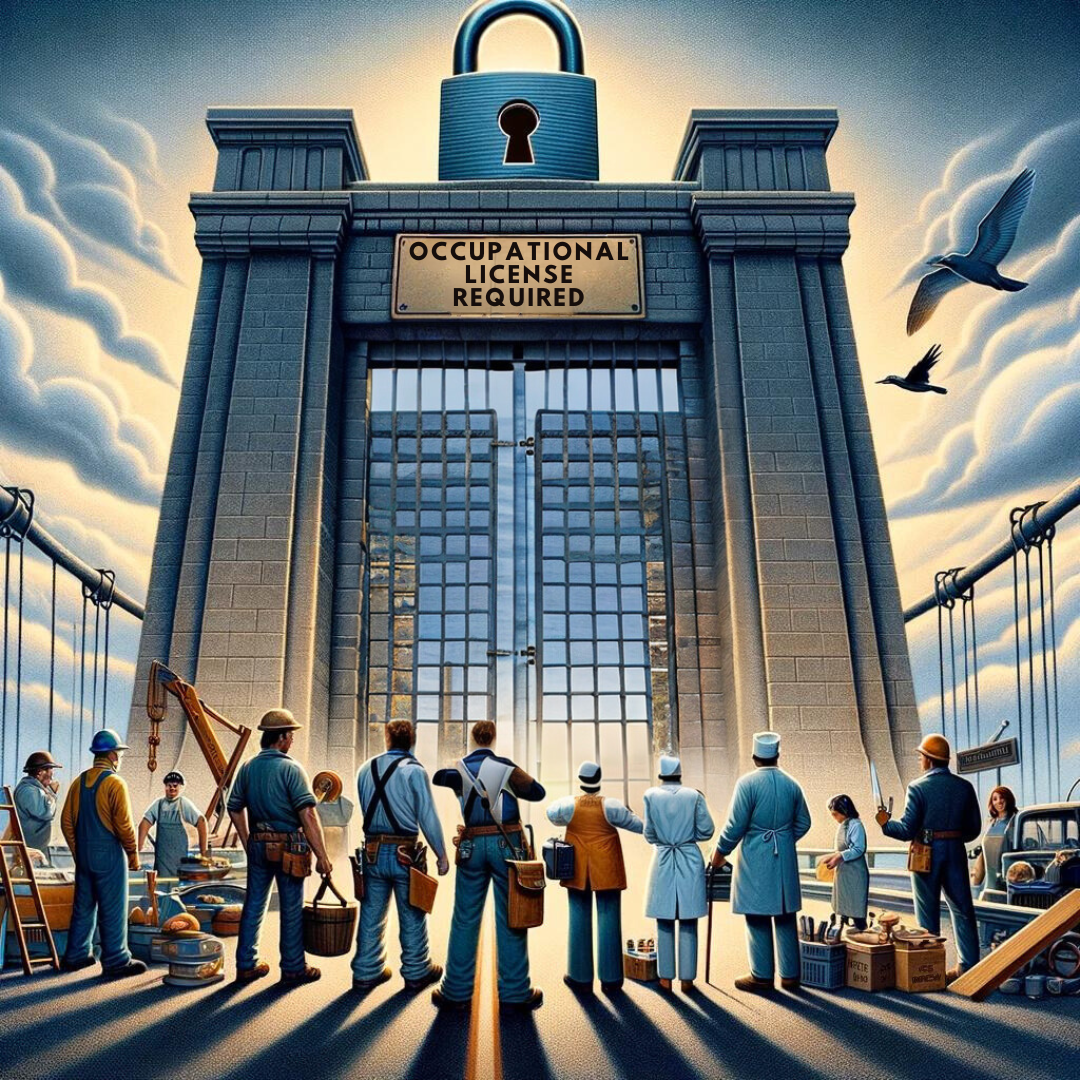Long-time union stronghold, West Virginia, set to become 26th right to work state
West Virginia’s House and Senate have both passed legislation that would give every worker a choice in whether to pay union dues or fees. Under the Workplace Freedom Act, organized labor will have to convince workers union services are worth the dues they are currently forced to pay. Workers in West Virginia, like in 25 other non-right-to-work states, must pay union dues as a condition of employment.
Governor Earl Ray Tomblin has promised to veto the bill, but the bill’s supporters in the legislature have enough votes to override the governor’s veto.
Opponents of the right-to-work measure in West Virginia claim it will unfairly burden the state’s unions because they are required by law to represent every worker, even those who may choose to not pay union dues. They say “free riders” will take advantage of the representation and services provided by a union without sharing in the cost. But that is a deceptive half-truth.
Unions only have to represent every worker if they are granted the right to become an exclusive bargaining representative for a workplace. Unions seek exclusive bargaining rights because it gives them a monopoly on bargaining rights—no other union can try to unionize workers at a company that is already unionized. It also gives unions more bargaining power. A Heritage Foundation study explains:
“They [unions] prefer exclusive representative status because it enables them to get a better contract for their supporters. Consider seniority systems: They ensure that everyone gets raises and promotions at the same rate, irrespective of individual performance. If a union negotiated a members-only contract with a seniority system, high-performing workers would refuse to join. Those workers would negotiate a separate contract with performance pay. The best workers would get ahead faster, leaving less money and fewer positions available for those on the seniority scale. The union wants everyone in the seniority system—especially those it holds back.”
If unions do not want to represent workers who do not pay union dues, they can decide against exclusive monopoly bargaining and choose instead to become “member-only” organizations. A member-only organization is not obligated to represent non-members. Unions are allowed to bargain solely for their own dues-paying members under a “members-only” contract and the benefits secured under these contracts apply only to dues-paying members. There are no “free riders.”
In practice unions almost always seek exclusive representation status, since it gives them a monopoly position in the workplace. So unions make the decision to negotiate as an exclusive representative in order to reap the benefits it provides, then use that choice as the justification for forcing employees to pay for representation they may not want and may not serve their best interests.
That West Virginia is moving toward becoming a right-to-work state (on the heels of Michigan) reflects a growing trend whereby forced unionism is becoming more difficult to defend. Considered by many to be the birthplace of the labor union movement in the U.S. (in 1921 angry coal miners staged the largest armed insurrection in U.S. history outside the Civil War) and subsequently a long-time union stronghold, the state is now at an economic crossroads.
The coal mines that fueled West Virginia’s once-strong support for unions have been crippled by the policies of the Obama Administration. The state’s coal exports declined 40% in 2013. The state struggles with one of the nation’s highest unemployment rates and one of the lowest personal income growth rates.
West Virginia is in dire need of an economic makeover. Studies show states with right-to-work laws attract more new business than states without such laws. In fact, right-to-work status is considered a major factor in a business’s decision about where to locate. One professional site consultant, whose clients include AT&T, Chevron, Dell, Honda, PepsiCo and Verizon Wireless, says, “Manufacturing companies look for reasons to scratch off states when considering where to build major facilities—and no right-to-work law is at the top of the list. I can’t underscore how critical right-to-work status is.” Another professional site consultant says 50% of manufacturers automatically screen out any non-right-to-work state.
A right-to-work law in West Virginia will provide that battered state with an important tool to improve both the state’s lackluster business climate and the quality of life for its citizens.







